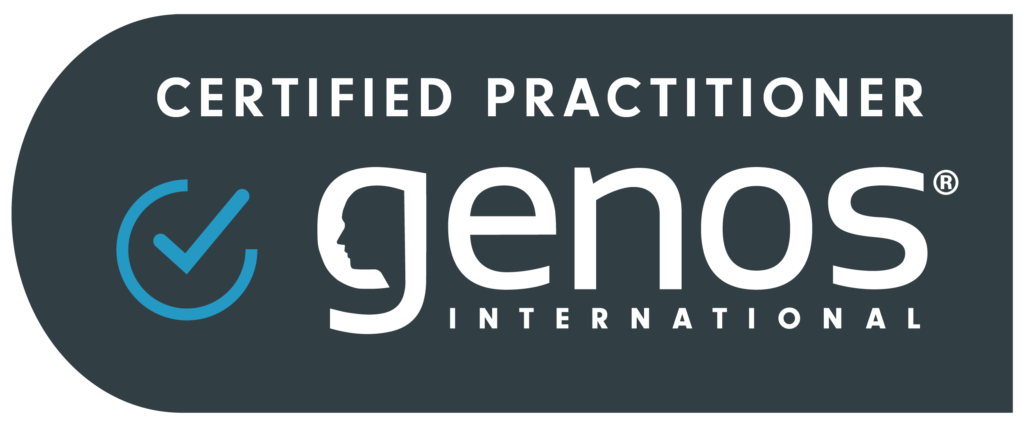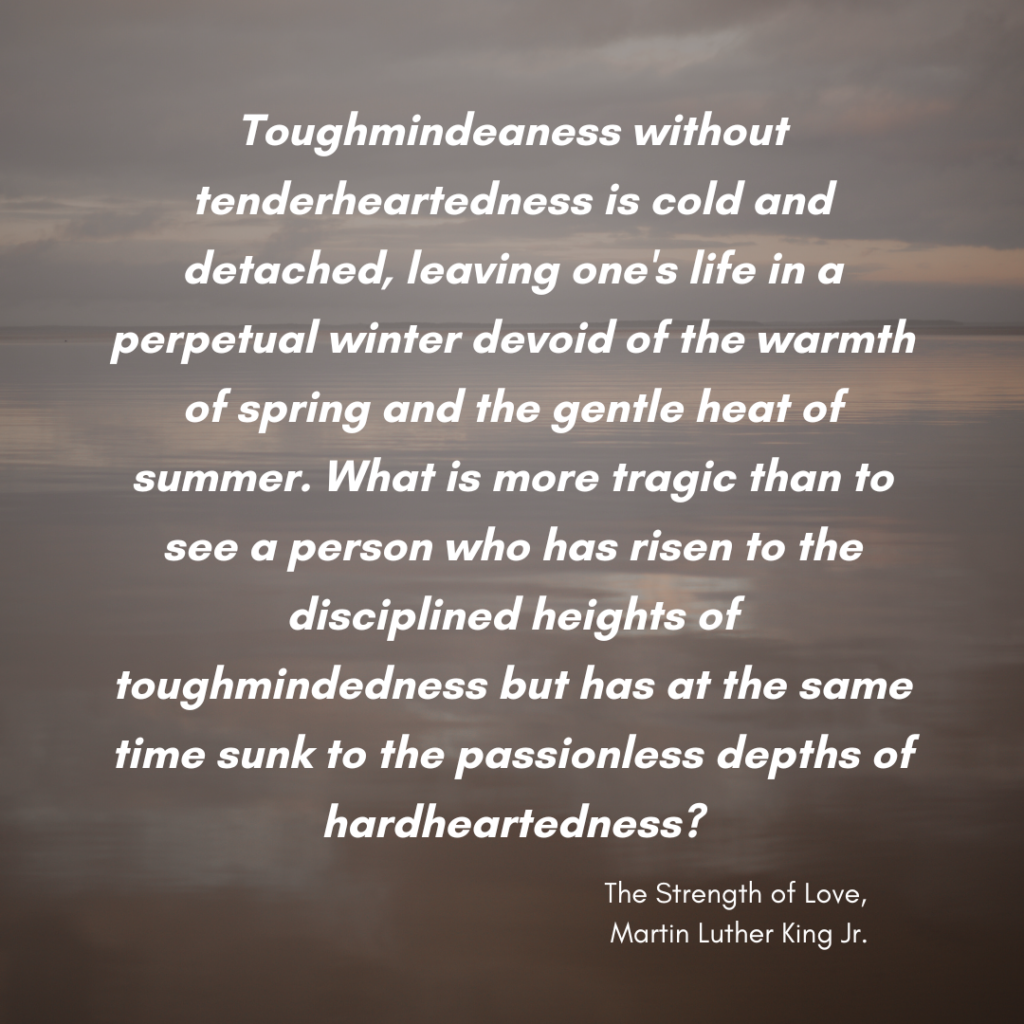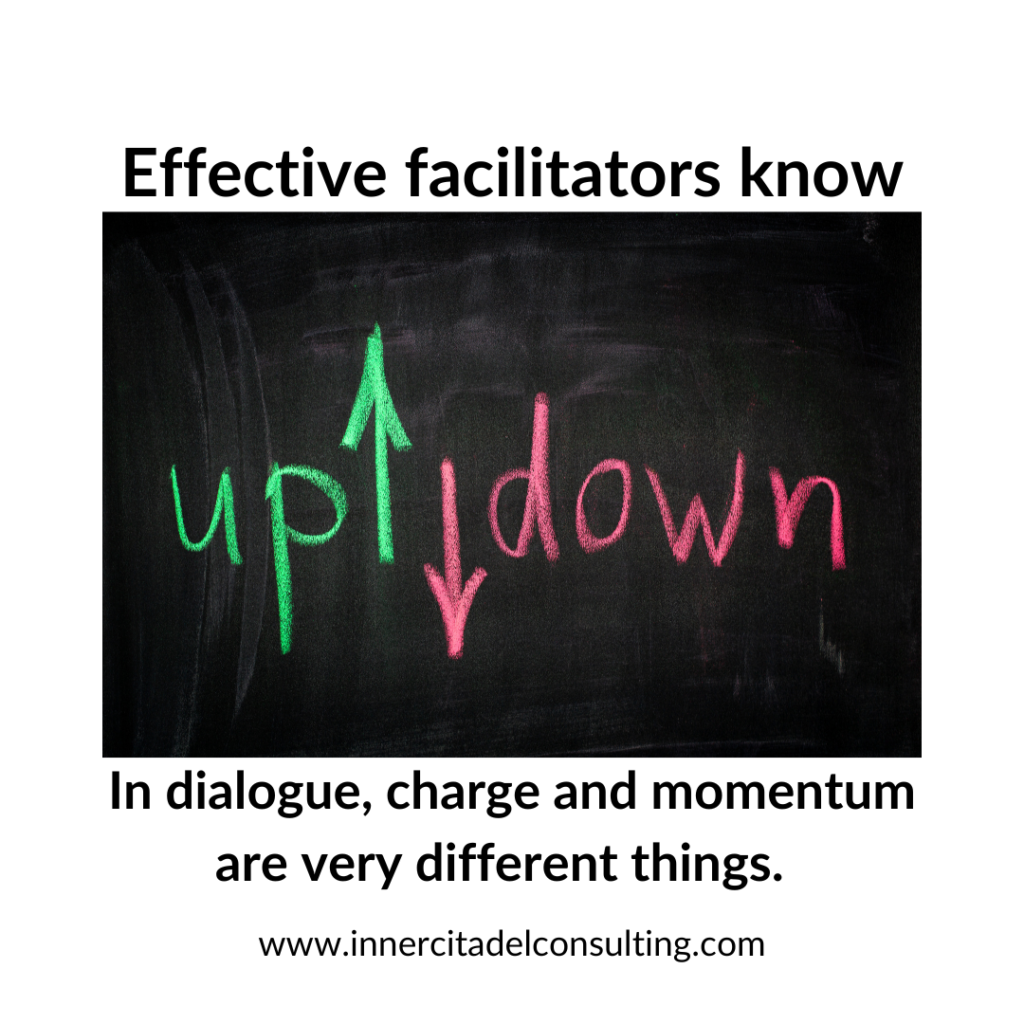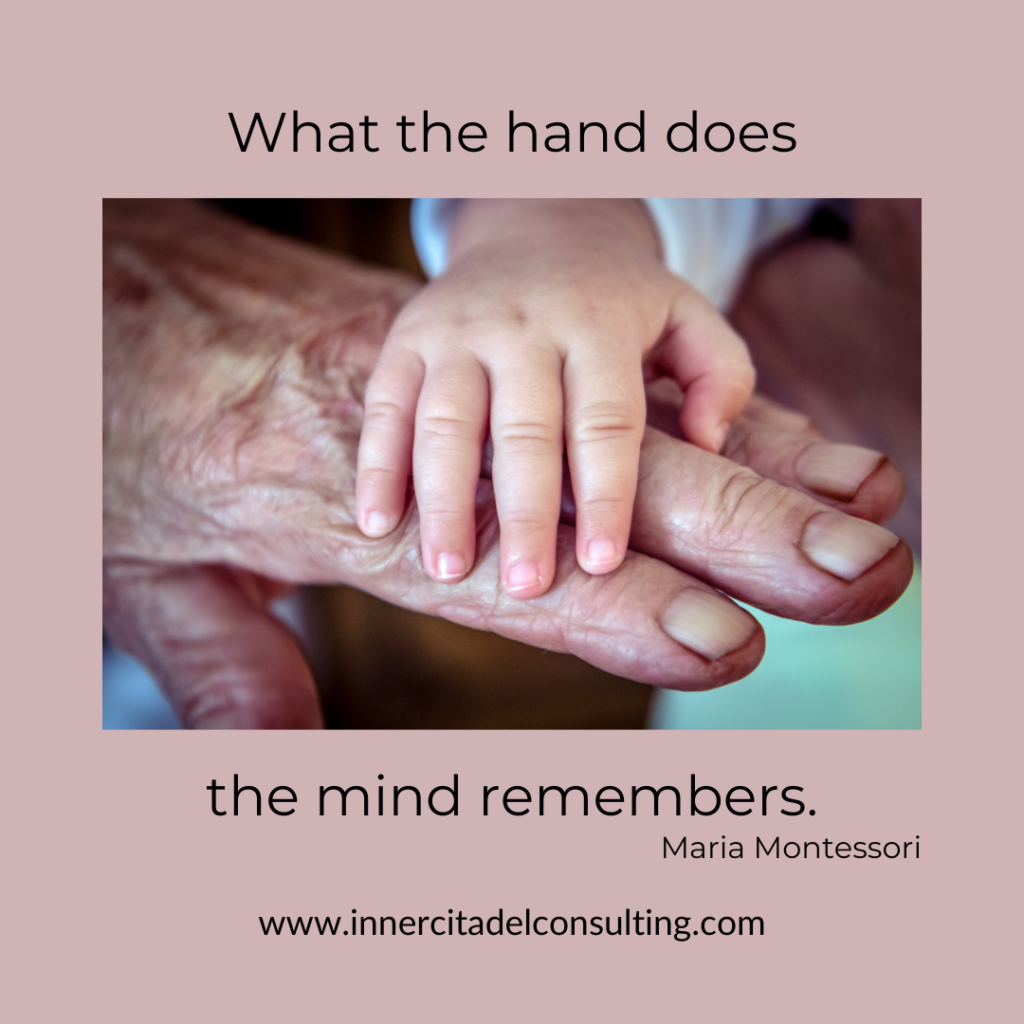
#Pickleball and the reset
I’m not one of those #pickleballislife people, although I enjoy the game a lot. I might be a little obsessive about playing it well, depending who you ask. A pickleball word came to mind as I was reflecting on intentions for this new year: RESET. And as these things go sometimes, RESET hits all areas of my life and especially the three specific things that are a focus for me in 2023. But first, what is a reset in pickleball?
Anyone who has played for a while has probably gotten to the stage where rallies can last more than five or six shots. For many, that involves the long service return to set up the approach to the kitchen, some dinking and defense, and then the “oops” that sets up a firefight or the clever shot that effectively ends the point. But really good players know the value of the reset, that moment after an intense exchange when you can manage the pace, slow it down and rebuild momentum. The ability to reset is essential for competitive play.
Tai Chi is Life
I realized that “reset” is key to tai chi, also. We might think of tai chi as a long series of smooth, elegant, connected motions. And of course it is – health and beauty are at the heart of the forms. But form does not exclude function. In the style I resonate with, we first learn those movements in bits, working on careful placement and proportion. This sets us up to make it beautiful and to prepare the ground for the internal connectedness that comes with long practice. If you’ve ever seen a really accomplished person practice, this harmony of motion can take your breath away. And if you’ve ever had a teacher demonstrate an application of one of those beautiful motions, that can take your breath away too. Literally.
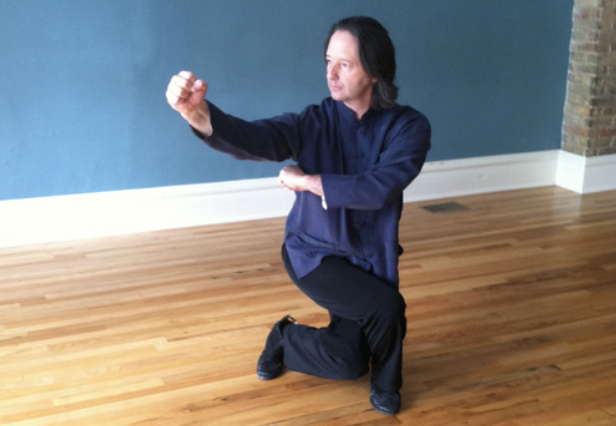
Many people don’t experience tai chi as a martial art in application. I am fortunate to spend time learning a style that pays very close attention to application – not to fight, but to understand the forms, the positioning and placement of body and limbs, and the incredible and exponential capacity both for beauty and for application. After a while, I also learned that those forms get broken down again in 3-5 movement sequences for application. Sequences don’t last long – no five minute kung-fu movie sequences in real life. Short, brutal, and done is the most efficient, if you have to fight. What does this have to do with reset? Well, after those 3-5 movements, there is a kind of reset, when you can separate and then re-engage. And, of course, there is always the reset moment in tai chi, when you (like me recently) can re-engage with your practice. It’s not picking up where you left off, by any stretch of the imagination. But for me it’s like coming home after I’ve been on the road for awhile: no matter how tight, jangled, tired, or out-of-sorts I feel, this is a familiar, peaceful-at-the-core place to heal and rest and… reset.
Work, Year’s End, and the Little #Mindsetreset
Life feels a little like constantly being on the road, around the New Year. In the West, we’ve just come through the intensity (good or bad) of the holiday season in many traditions. Maybe there was actual travel to see family and friends – good but exhausting. Maybe being around family is not easy, or you have holes in your heart that loved ones used to fill, or a hole in your heart that is missing someone you haven’t met yet. Not everyone has Happy Holidays. For HR professionals, the end of the year at work has a special kind of intensity, and for many other jobs the end of Q4 can bring stress and anxiety in pretty copious amounts. In the North, we’re also coping at this time with short daylight hours and the cold. Depending on where you work, you might not even see the sun at this time of year, except through a window.
For solopreneurs the end of the year can be a time of financial reckoning or isolation (as all your friends go to their office parties). 2022 is over – did I make it? Is it worth it? But it’s also a time to take time and reflect, to think on your goals and intentions for the new year, about what went well and what could have gone better. It’s a time to root into your values as you plan, to reset your focus ahead. 2022 is dead, long live 2023!! And we’ll reset often or every day as we go. These little mindset reset moments are critical, grounding in your vision for your business and trusting that the grind will move you in the direction you should be moving. The ability to find these kinds of Little Resets throughout the year are an entrepreneur super-power.
Mindfulness, EI and the Great Reset
This is where the last specific thing lives: mindfulness and emotional intelligence. For sure, I try to develop emotional intelligence for myself. I have an urge for and a habit of mindfulness that is central to my health, happiness and identity. Just ask the people around me how healthy, happy, and self-confident I am when I don’t practice. But these are also part of my core business, what I bring to the table, helping clients do the best with what they’ve got in their own contexts.
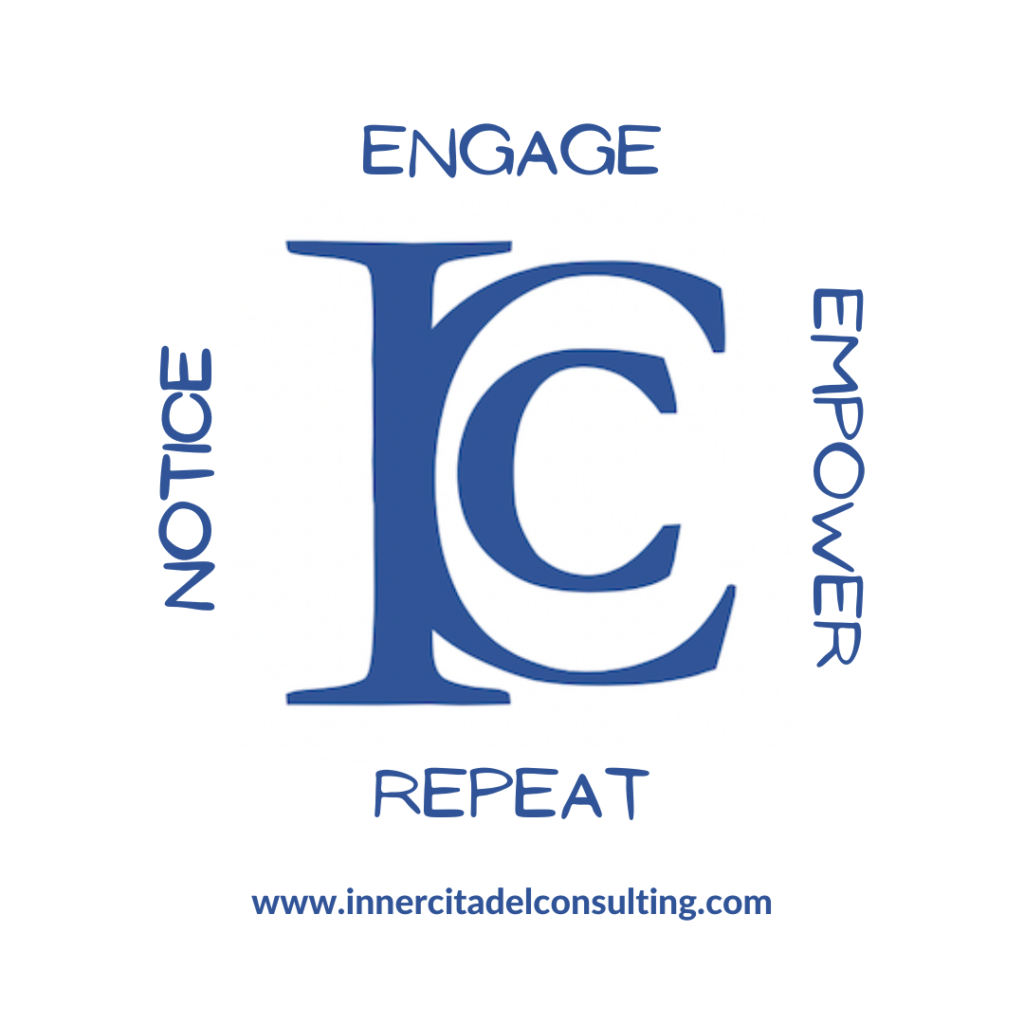
Emotional Intelligence skills allow us to manage our own feelings and to support others in managing theirs too. In those tense moments, difficult conversations, charged or toxic meetings or work relationships, EI helps us reset to neutral. When we’re “neutral” about our feelings and experience, we can observe and evaluate what we’re feeling more accurately and usefully. We can decide on the relevance of those feelings for our actions and attitudes. A Great Reset in this case is a reset to our core selves, where our experience aligns (or doesn’t) with how the workplace is in that moment. I once had a friend say that she was very emotionally intelligent because she could read a room perfectly. Umm… sure, maybe. For me EI has always been about also reading myself, resetting when I’m charged in a way that does not match the moment or the room. It’s a skill that you can learn to do well, and even better. The greatest leaders are the ones who can reset themselves most effectively, efficiently, and quickly and then help others reset too.
Organizational Mindfulness is the same, but focused on our neural state. It’s no surprise to me that mindfulness and EI are correlated. (Check out this cool study on authenticity, EI, and mindfulness!) With the targeted mindfulness practices organizational mindfulness teaches, we can do a Great Reset for our brain, managing our neural state as best we can for the moment we’re in. We can direct our attention, mindfully, optimizing our resources in the moment to do the best work we can. Non-judgment, non-reactivity, expansiveness, acceptance. These can all feel like weird words to be using about the workplace. And yet, the best leaders and best teams know the value of these states of being – they are the places from which we do great things.
Reset yourself
So, begging forgiveness from Luther Ingram, Mack Rice, and The Staple Sisters, Reset Yourself. And if you see me worrying, stressing out, reactive, tired, misaligned with the moment… tell me. Or if you aren’t comfortable with that, just hum the tune – I’ll get the message! As always, friends, if you need help or want to talk about resets on the court or at work, drop me a note.

